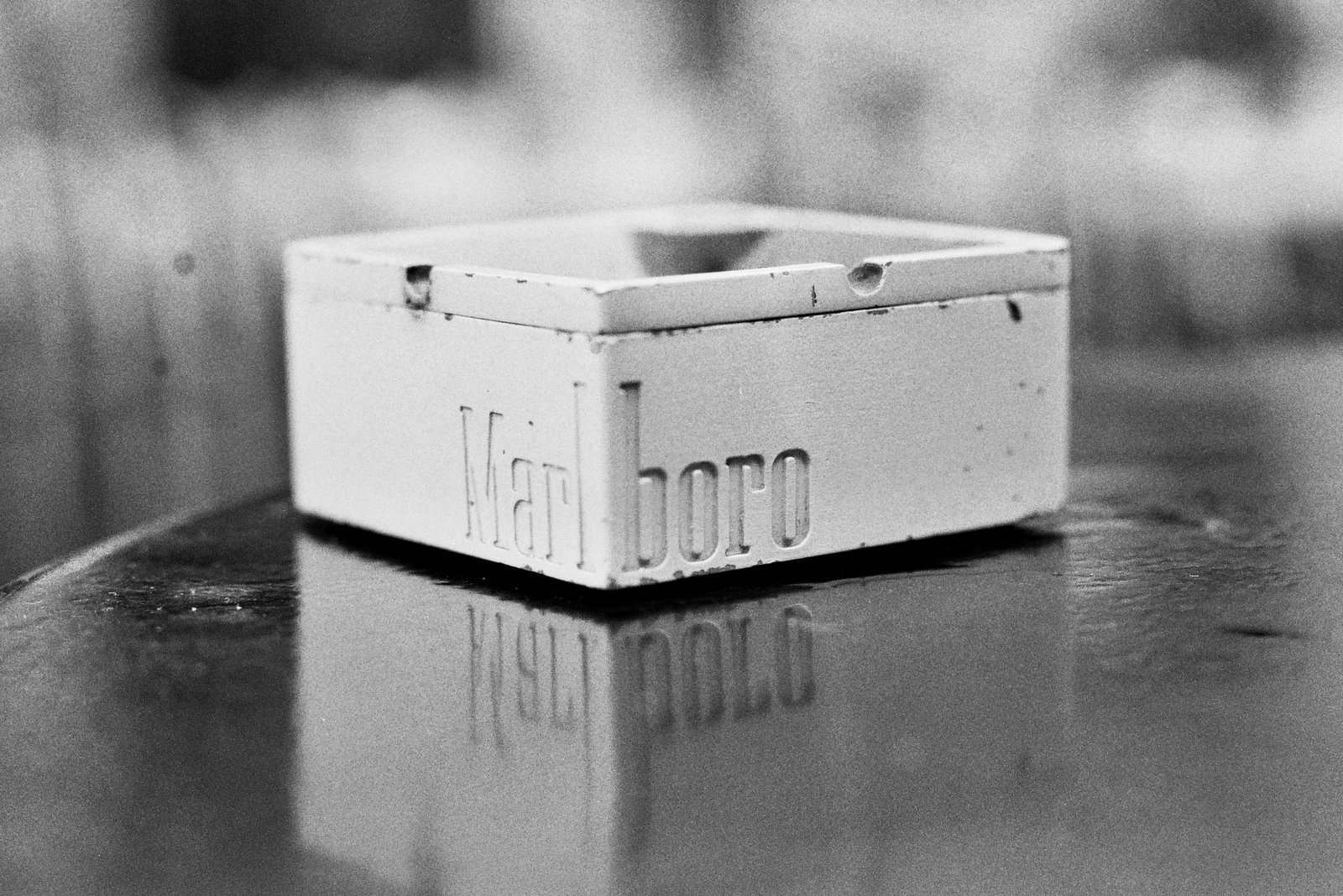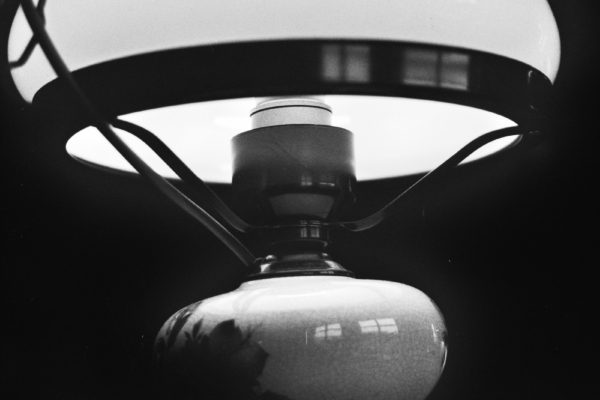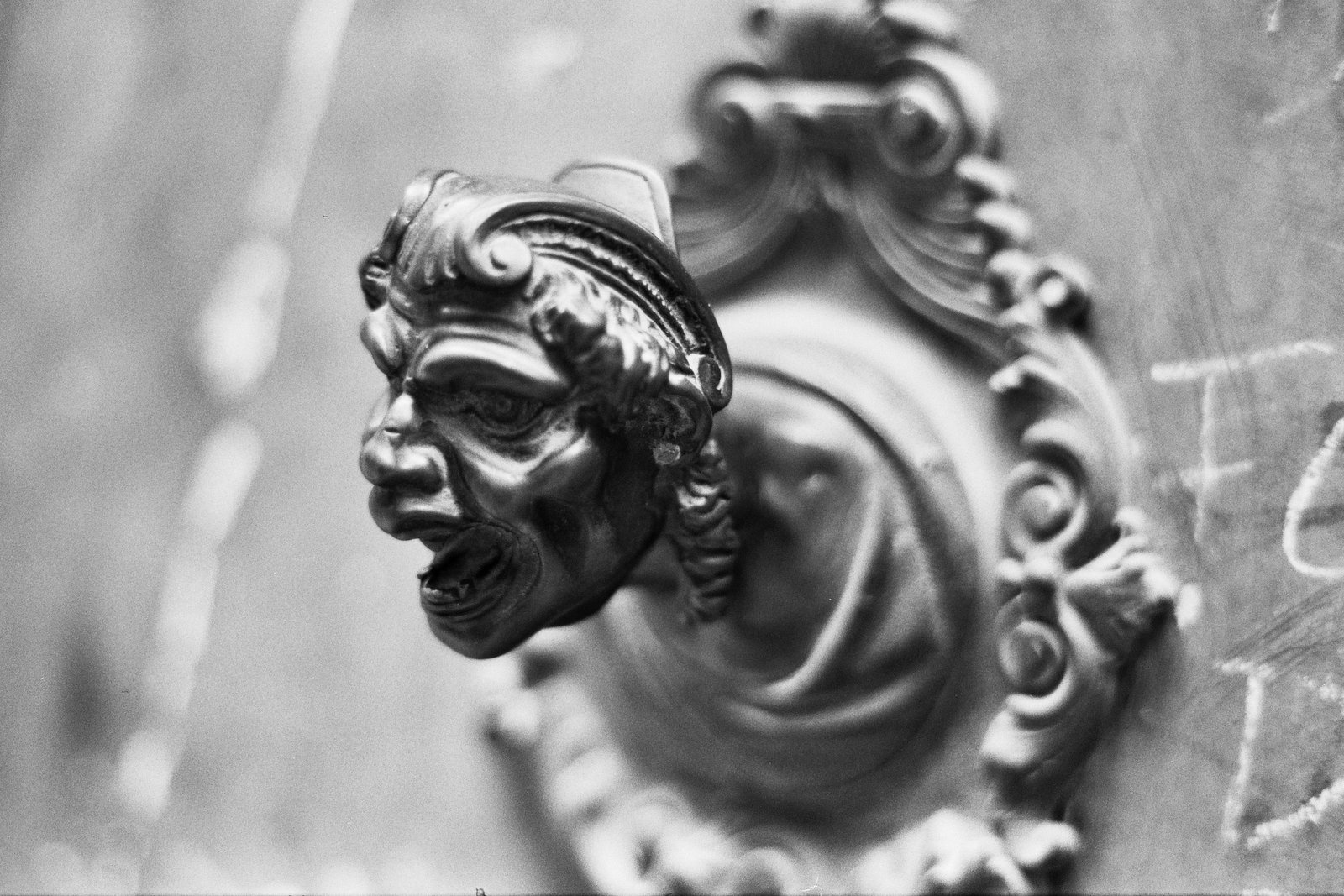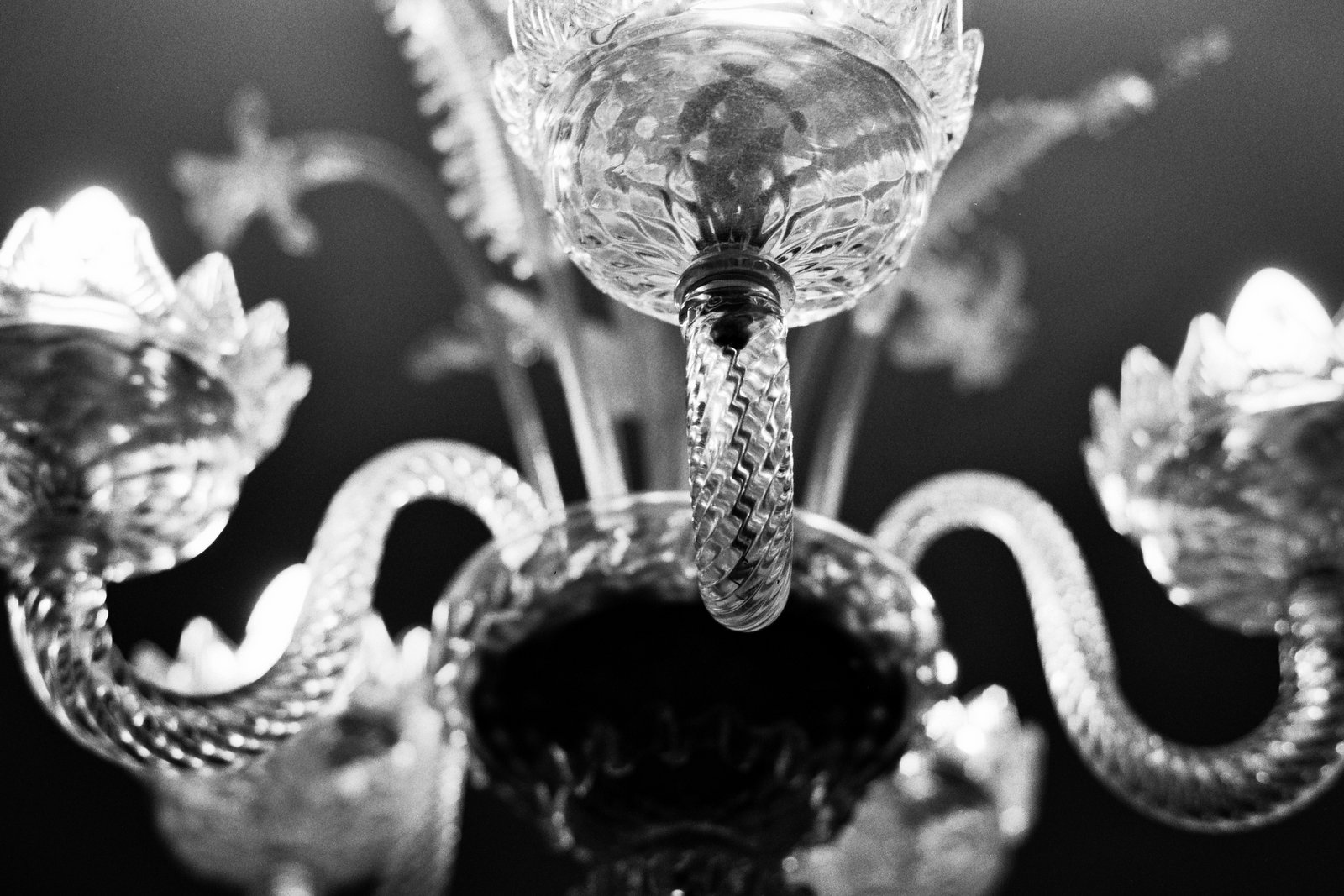Years ago, just as I was becoming recognised in the world of tattooing, I wrote a blog about the tie between a tattoo artist and client and how intimate it was. To my surprise, it got picked up by a national paper’s Sunday Supplement The relationship, I had argued, had two parts: First, there was the ephemeral – the infliction of pain- which required the artist to identify why their client wanted to be inked. For some, the pain was an essential element of getting a tattoo and required a completely different approach to those clients who wanted the whole process done with as little pain as possible.
Only by spending the time identifying their clients’ motivation, could the artist then properly consider the tattoo itself.
What I had come to realise, and the point of the article, was that the bond between artist and client resulted from the first element, the pain, rather than the tattoo itself. Clients mostly think about the relationship in an arse about face way, if they give it any thought at all, especially those who walk into the studio with a pre-conceived design and a steadfast refusal to consider input from the artist into it. However, once the physical work begins, they very quickly realise that in putting themselves into the hands of someone who can inflict serious amounts of pain, they are subjugating themselves to the hand that holds the needle and not the artist they had expected to be able to command.
My conclusion was that a tattoo artist and their client have a fleeting physical relationship that comes with an intense long-term emotional bond, for good or ill, depending on whether both parties are able to be honest with each other at the outset.
By the time it was published, my reputation had grown enough that I could refuse requests to ink small dolphins, babies’ names, or inauthentic translations of asinine clichés. I could, and would, cherry-pick my clients based on whether I thought we would get something positive from each other.
Evan offered cash. Twelve grand. He told me I would be busy every other Tuesday morning for six weeks. All I would need was my gun I used for my finest work, a Cheyenne Hawk Pen, and Kurosumi black ink. He had two further stipulations, both non-negotiable: no-one else could know, and I had to do it at his place. It took me less time than it should to accept.
He lived in Hampstead, an elegant townhouse, end of terrace, set back from the street and shaded from prying eyes by a high hedge. I was surprised to notice birds singing, melodies carrying over the distant traffic noise, disconcertingly absent from the road itself. The lack of diesel gave the air a sweet and heady quality that felt alien to my urban lungs.
I passed through the iron gate that gave easily on well-oiled hinges and under the arch of green leaves. I paused, staring up at the house. Ivy clung to the walls, softening the dark and brooding windows, the interior shielded by panelled shutters. The door was finished in a dusky and modern muted grey paint. It had a knocker set in the centre strut; a greening metal fist, hinged at the wrist, resting against a knoll of brass. The lack of doorbells confirmed what I had expected before arriving: he owned the lot.
The knocker struck a single mute note. Without forewarning, the door opened and I stood facing a distinguished-looking man, that wore his ageing well. He sported a moustache: brown, thick, but perfectly trimmed to follow the contour of his upper lip that mirrored mine. Heavy-rimmed tortoise-shell glasses with slightly opaque lenses framed his dark, intense eyes that stared directly into mine.
‘Evan?’ I said.
‘Come in.’
The hallway was lighter than I had anticipated, rich in decoration, with patterned wallpaper and randomly framed pictures, mostly of rural landscapes- some modernist, others classical- that were strewn down its length.
‘The rules,’ he said as he walked slowly ahead of me. ‘Don’t ask questions. Just be steady and accurate and follow my instruction. If I say stop, step away. I’m prone to coughing fits.’
I nodded to his back and followed him down the carpeted stairs and into a large kitchen overlooking the garden that seemed to be mainly taken up with wide planked decking and expensive looking seats that tessellated into a large wicker table. There was a high brick wall, pleasingly rough-looking with flaking blue paint in patches and uneven grouting, surrounding the garden. I could only see the roof tops, no windows, in the houses behind. I was relieved to see natural sunlight streaming through three large Velux windows spaced equidistantly along the sloping ceiling, under which was a brown leather upholstered armchair, an adjustable stool and small metal table on wheels. The whole ensemble looked out of place in the immaculately minimalist room and were clearly meant for us. Evan pointed to the table.
I carefully unpacked my equipment: gun, ink, sterilization fluid, wipes and surgical gloves and arranged them on the table as I would have them in my studio. Evan lowered himself, gingerly, into the chair and rested his forearms on the arms. He was wearing a sweater despite the warmth, the sleeves covering his arms.
‘I’ll need you to take that off, at least…’ I said.
‘No. Just listen.’
I said nothing.
‘What I need you to do is take the clippers from the tray under the table and shave my head. There is a razor there also, with cream, to finish the job. Once you’re done, we can begin.’
I shrugged. This was not the first head I had been required to shave. All artists are used to having to shave parts of the body. The clippers, razor and foam were all brand new and I had to remove them from their packaging before carrying out the work. It took an hour. When I was finished, his pate was comically white with a marked tan line around his forehead and nape of his neck. I swept the hair into the corner of the kitchen, as directed, before putting on my surgical gloves.
‘Now,’ I enquired, ‘what do you want me to ink?’
‘You are being paid to be discrete. You will write what I say, as I say it. Starting from my hair line here,’ he pointed to his forehead, ‘and going up over my head. I suspect it will finish somewhere just above where my hair line is on my neck. You will need to keep it small, very neat and precise.’ I nodded. I had built a reputation for exactly this kind of work. ‘I will spell any words you struggle with.’ he continued. ‘One hour to ninety minutes a day, I think, is about all I can cope with. This will not include the time it takes to shave my head each time.’
I realised why we would be only sitting every other week, in order to allow time for the previous tattoo work to take and for any scabbing to come off between each shave.
‘I suggest that we start next week with the tattoo itself.’ He said, rising slowly from the chair. ‘I am tired. Please show yourself out. I defer to you whether you want to leave any of your equipment here. It will be safe enough.’
I took my gun and the first two grand instalment of my fee and left the rest of my gear on the portable table, relieved to be out of the house and revived by the cooling breeze. It was only once outside that I realised Evan’s house had reeked of death.
Our second sitting, on a colder than average autumn morning, started with the ritual head shave. All of this was done without a word being spoken between us. His stubble seemed unnaturally long for such a short period and had a wire-brush quality to it.
Having finished the shave and wiped the small patches of excess cream from his scalp, I began preparing my gun.
‘I’ve been thinking about how best we do this,’ I said, checking the setting of the needle and undoing the lid to my ink. ‘If I’m going to be scripting what you say, this will be awkward starting at your hairline, unless you want the script at the back to be upside down?’ I paused in my work re-arranging my kit on the table so it was to my liking and turned to see Even glaring at me, one eyebrow raised. We stared at each other for a moment.
‘No. You must imagine my scalp as being a single sheet of paper, brow at the top, to be read as one normally would down towards to the nape.’
‘Okay, but how many words? I need to know how to size it. Perhaps you could dictate and I’ll write it…’
‘…No.’ he snapped. ‘I will dictate only once as you do the work.’
‘You’re gonna have to give me more. How long, then?’
‘I cannot tell you. Not too long, but as I said last week, you’ll need to keep it small and neat.’
I sighed exaggeratedly and turned back to my table.
‘I have to warn you that it’s on you then if this doesn’t work. I’m gonna have to write upside down, unless you lie on the table or something…’
‘…It’s all been taken care of.’ A creak was followed by a thunk and I looked back to see Evan fully reclined in the chair. He raised his head slightly.
‘Shall we get on with it?’
I finished my preparation and shuffled the stool behind him, looking down over the swell of his forehead, rim of his glasses and down the slope of his nose. His brow was thick and it hid his eyes, for which I was grateful. I pulled on my blue latex gloves, with a snap and shuffled myself comfortable on the seat.
‘Ready?’ I said, taking a deep breath, placing my right hand on his brow and pulling at the skin slightly. I paused, waiting.
‘Are we doing this?’ He asked.
‘As soon as you tell me what to write,’ I answered.
‘Good. Start with, “my name is Bishop Evan Raynott”’, he said. ‘R-a-y-n-o- double tee.’
I paused, releasing the skin slightly, before pulling it tight once again. I leant in, resting the side of my palm on the top of his head, being careful not to breathe directly onto him and went in with the needle. I started as gently as I could, feeling for his pain threshold. Tattooing the skull is particularly painful. Not only does the needle find bone, but there is also a percussive element to the work that builds in the brain like water torture. However, even as my stroke got harder, Evan seemed to exhibit no obvious signs of discomfort. I went as deep as I dared, knowing from experience that it must have been excruciating, but getting nothing back from him. I shrugged and continued.
I concentrated on each letter in turn, pausing in between, imagining exactly how the next would curve and straighten, before taking a deep breath and driving the needle into his scalp. After each stroke, I would exhale, pause, inhale and go in for the next stroke. Evan didn’t flinch once. I worked for the best part of an hour without stopping, sitting back once the words were complete.
‘Do you want a full stop there?’ I asked.
‘I’ll dictate the punctuation, thank you.’
I waited silently.
‘My name is Bishop Evan Raynott and this is my confession. Full stop.’ He said.
I obliged.






